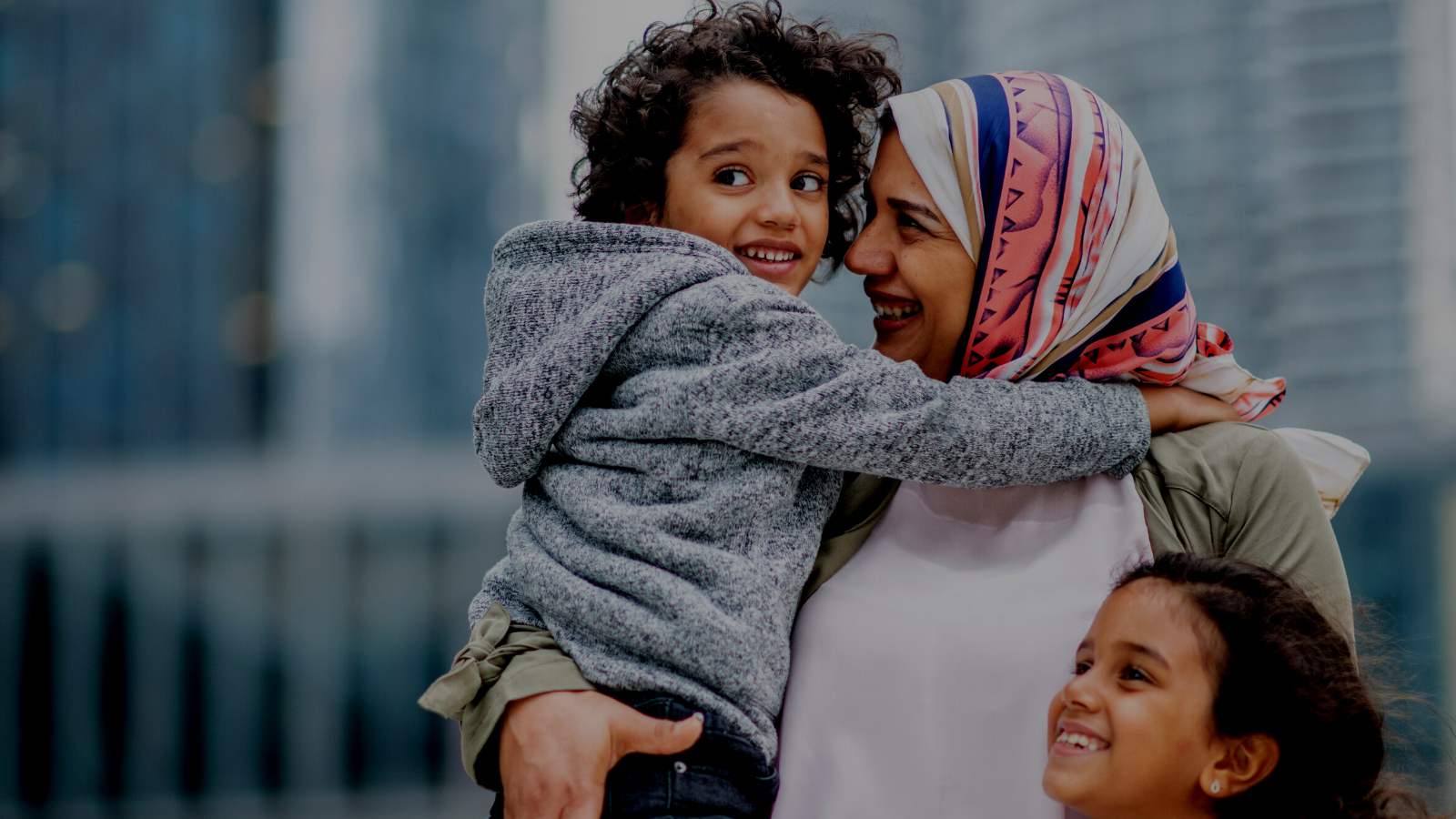3,500 prevented from joining family
Government proposals to restrict family reunion for some refugees would see as many as 3,500 people per year being prevented from joining their families.90% women and children
In the 5 years prior to the Act, passing as many as 29,000 people have been able to come to the UK safely under family reunion, over 90% of whom were women and children.The Nationality and Borders Act categorise refugees as either Group 1 or Group 2. Refugees who travel to the UK through third countries via irregular routes (like crossing the Channel in a small boat) will be given a new form of temporary protection with limited rights to welfare benefits and family reunion, and they’ll have their status reassessed after 30 months.
This effectively creates a two tier system where some refugees will have more rights than others, purely based on how they entered the UK.
Limiting refugee family reunion for refugees who arrived in the UK after passing through a third country could affect many thousands of refugees each year, and severely curtail one of the main routes for refugees to arrive in the UK. It would also harm the integration chances of those who have been recognised as refugees in the UK.
Read more about our campaign to reunite more refugees with their families.

The Government claims it wants to expand safe routes to the UK, yet the Nationality and Borders Act restricts an existing vital safe route. Restricting access to family reunion for some refugees will result in families being left with the harrowing choice of staying permanently separated from their loved ones, or embarking on treacherous journeys to reach them in the UK.
It is impossible to tell how much someone needs our help merely by the way they arrive in the UK. The majority of refugees have no choice but to use irregular routes to enter another country. They are fleeing for their lives. If we slam the door in their face, we turn our back on the whole notion of refugee protection, and shirk our global responsibility to play a part in protecting some of the world’s most vulnerable people.

